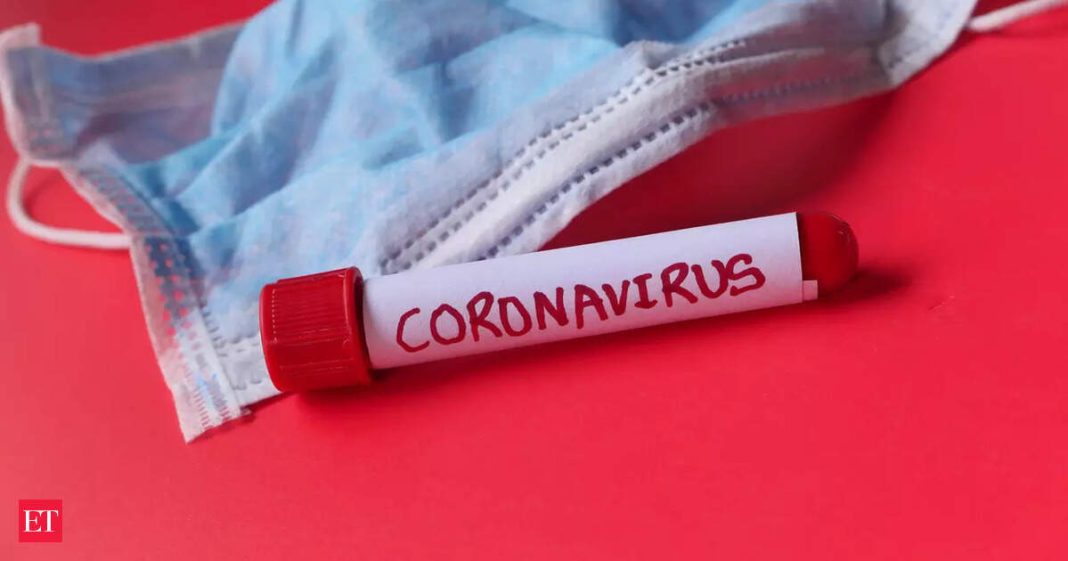Key Takeaways
- Father mice infected with COVID-19 produced offspring with increased anxiety-like behaviors
- Changes in sperm RNA molecules may transmit altered brain development instructions
- Female offspring showed significant gene changes in brain regions regulating anxiety
- Findings suggest potential long-term generational impacts if verified in humans
A groundbreaking study reveals that COVID-19 infection in male mice can alter their sperm, potentially affecting brain development and causing anxious behaviors in their offspring. The research suggests the pandemic’s effects might extend to future generations through epigenetic inheritance.
Scientists from Australia’s Florey Institute of Neuroscience and Mental Health discovered that offspring conceived from COVID-19-recovered male mice displayed heightened anxiety-like behaviors compared to those from uninfected fathers.
Study Methodology and Findings
Researchers infected adult male mice with SARS-CoV-2 and allowed them to recover for several weeks before mating with healthy females. “We found that the resulting offspring showed more anxious behaviours compared to offspring from uninfected fathers,” said Elizabeth Kleeman, first author of the study published in Nature Communications.
The team observed that all offspring from COVID-19-affected fathers displayed increased anxiety-like behaviors, with female offspring showing particular changes in how specific genes functioned in the hippocampus – a brain region crucial for regulating emotional responses.
Mechanism Behind the Transmission
Lead researcher Anthony Hannan explained that paternal experiences can alter information carried in sperm, including specific RNA molecules that transmit developmental instructions to offspring. Analysis confirmed altered RNA molecules in infected fathers’ sperm, including those regulating genes important for brain development.
“These kinds of changes in the hippocampus, as well as other brain regions, may contribute to the increased anxiety we observed in offspring, via epigenetic inheritance and altered brain development,” said co-senior author Carolina Gubert.
Potential Human Implications
While emphasizing the need for human verification, researchers warned that if similar effects occur in people, millions of children worldwide could be impacted. “Our discoveries highlight the importance of understanding the impacts of this virus and infectious disease, not only on those directly infected, but also on their children,” Hannan added.
The study represents the first investigation into COVID-19’s potential transgenerational effects through paternal infection, with significant implications for public health planning and future research directions.




